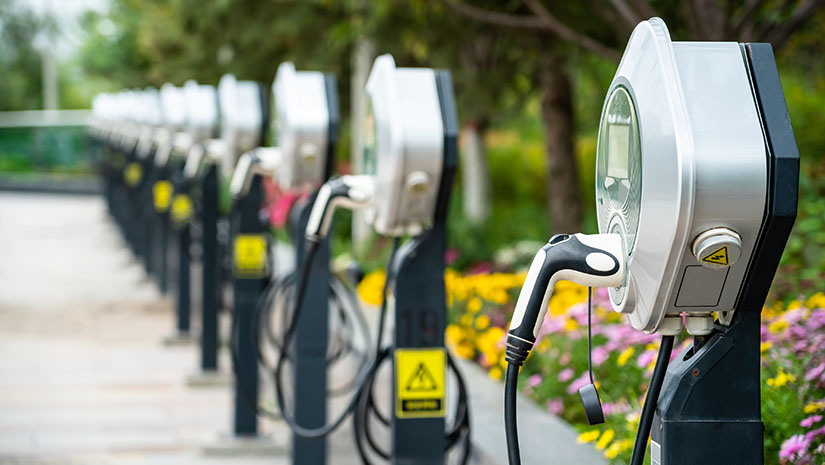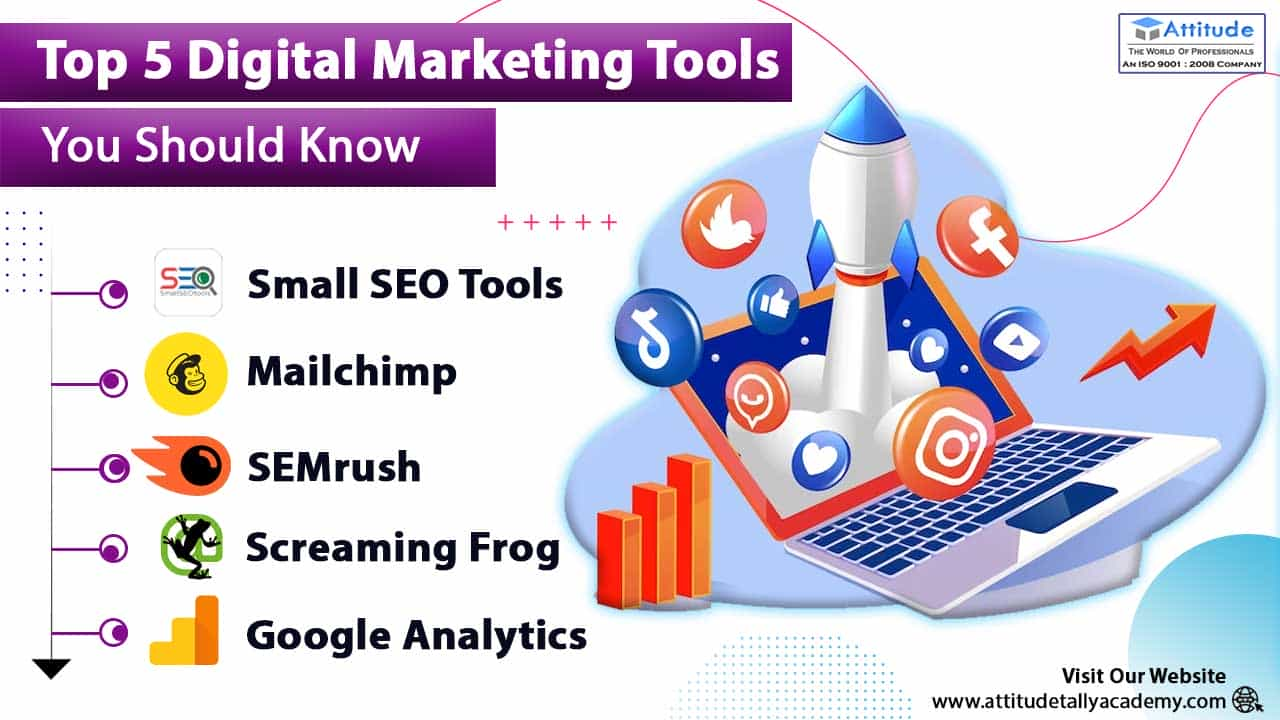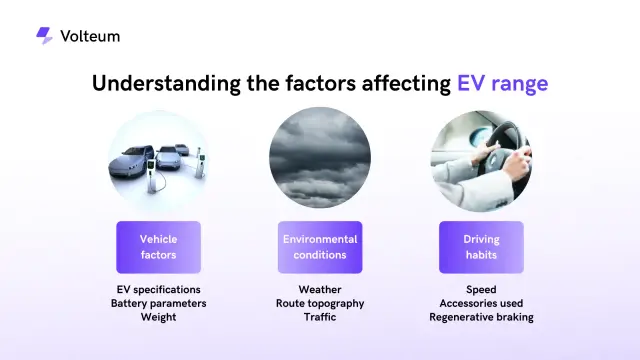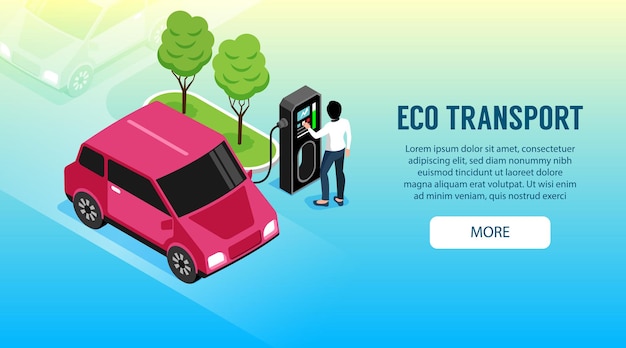Future-Proofing EV Charging Networks for 2030+
Mia Anderson

Photo: Future-Proofing EV Charging Networks for 2030+
As electric vehicles (EVs) gain widespread adoption, the demand for efficient, scalable, and sustainable charging infrastructure is skyrocketing. By 2030, the EV market is expected to dominate global transportation, underscoring the urgency to future-proof EV charging networks. This article explores the challenges, innovative solutions, and strategic steps necessary to ensure EV charging networks are ready for the future.
Why Future-Proofing EV Charging Networks Matters
The EV Revolution
The global push towards decarbonization has placed EVs at the center of transportation policies. According to the International Energy Agency (IEA), the number of electric cars on the road is projected to reach 125 million by 2030, a stark increase from the current figures. This surge demands robust charging networks to support millions of users without compromising efficiency or accessibility.
Avoiding Infrastructure Bottlenecks
Inadequate infrastructure poses a significant barrier to EV adoption. Current charging stations often struggle with slow charging speeds, limited availability, and reliability issues. Without proactive measures, these bottlenecks could deter consumers and stall the EV revolution.
Key Challenges in Scaling EV Charging Networks
1. Grid Capacity and Energy Demand
The rising number of EVs places unprecedented pressure on electricity grids. A 2023 study by BloombergNEF predicted that EVs could account for up to 8% of global electricity demand by 2030. This requires energy providers to scale up generation, distribution, and storage capacity.
2. Charging Speed and Accessibility
The transition from traditional refueling stations to EV charging hubs highlights the need for faster charging solutions. While technologies like ultra-fast chargers can significantly reduce charging times, their deployment remains limited due to high costs and technical constraints.
3. Standardization and Interoperability
Fragmentation in EV charging networks resulting from a lack of standardized charging protocols creates user frustration. Ensuring interoperability between different providers and systems is critical to building a cohesive and user-friendly network.
4. Environmental Sustainability
Future-proofing isn’t solely about scaling it also means incorporating renewable energy sources and minimizing the environmental impact of charging networks. Balancing rapid expansion with sustainability is a complex but necessary challenge.
Solutions for Building Resilient EV Charging Networks
Smart Charging and Demand Management
One of the most effective strategies for managing grid demand is the integration of smart charging systems. These systems use real-time data to optimize energy distribution, ensuring chargers operate during off-peak hours or when renewable energy is abundant.
A notable example is vehicle-to-grid (V2G) technology, which allows EVs to return excess energy to the grid. This creates a symbiotic relationship between EVs and energy providers, enhancing grid stability and reducing strain during peak demand.
Expanding Renewable Integration
To meet the dual goals of sustainability and reliability, charging networks must embrace renewable energy sources. Solar- and wind-powered charging stations can reduce carbon footprints while providing a consistent energy supply. Combining renewable energy with battery storage systems further ensures chargers remain operational during grid outages.
Public and Private Sector Collaboration
Developing scalable EV charging infrastructure requires collaboration between governments, private companies, and utility providers. Public sector initiatives, such as subsidies and grants, can accelerate deployment, while private investments drive innovation and competitiveness.
For instance, partnerships between automakers and charging providers like Tesla's Supercharger network or Electrify America's expansion illustrate the potential of combining resources for large-scale impact.
Standardization Efforts
Addressing interoperability challenges demands industry-wide standardization of hardware and software protocols. The adoption of universal standards, such as Combined Charging System (CCS) connectors, ensures compatibility across diverse EV models and networks. This simplifies user experience and encourages seamless integration.
Future Trends Shaping EV Charging Networks
Autonomous and Wireless Charging
Autonomous charging solutions, where EVs self-navigate to charging stations, are gaining traction. Wireless or inductive charging, which eliminates the need for physical connectors, is another emerging technology set to revolutionize how EVs are powered.
AI and IoT in Charging Networks
Artificial intelligence (AI) and the Internet of Things (IoT) are playing pivotal roles in creating intelligent charging systems. AI-powered analytics can predict usage patterns, optimize station locations, and forecast energy demand. IoT connectivity enables real-time monitoring and maintenance, reducing downtime and operational costs.
Urban and Rural Accessibility
As EV adoption spreads, charging infrastructure must cater to both urban and rural areas. In urban settings, integrating chargers into existing infrastructure such as streetlights or parking garages maximizes space and convenience. In rural areas, deploying decentralized solutions powered by renewables ensures equitable access.
Practical Steps to Future-Proof Charging Networks
1. Invest in High-Capacity Charging Hubs
Governments and businesses should prioritize developing high-capacity hubs that can accommodate multiple vehicles simultaneously. These hubs should feature ultra-fast chargers to meet the needs of long-distance travelers.
2. Incorporate Modular and Scalable Designs
Designing modular charging stations allows for incremental expansion as demand grows. This flexibility reduces initial costs while ensuring the infrastructure can adapt to future requirements.
3. Promote User Education and Awareness
Educating consumers about charging options and best practices is vital for a smooth transition to EVs. Awareness campaigns can demystify charging processes, encourage off-peak usage, and highlight the environmental benefits of EVs.
4. Monitor and Adapt Policies
Policymakers must continuously assess the effectiveness of regulations and incentives. Dynamic policies that adapt to technological advancements and market trends will ensure long-term success.
Conclusion
Future-proofing EV charging networks is not just a technological or logistical challenge it’s a societal imperative. By addressing current obstacles and embracing innovative solutions, we can build a charging ecosystem that supports the electrification of transportation while advancing sustainability goals.
Through smart investments, strategic collaborations, and forward-thinking policies, the vision of an accessible, reliable, and green EV charging network for 2030 and beyond is well within reach. As we pave the way for a cleaner future, ensuring the resilience and scalability of EV charging infrastructure is a critical step toward global sustainability.
Marketing
View All
January 20, 2025
5 Best Digital Marketing Tools for GrowthUncover the top 5 digital marketing tools every marketer needs. Boost efficiency, drive results, and streamline your campaigns now!
Mia Anderson

January 21, 2025
Why Digital Marketing is Vital for SMBsDiscover why small businesses must adopt digital marketing in 2024. Learn tips and tactics to compete in the digital age. Take your business online today!
Mia Anderson

January 27, 2025
PPC vs SEO: Digital Marketing ShowdownDiscover the differences between PPC and SEO in digital marketing. Find out which strategy is right for your goals and budget. Make an informed choice today!
Mia Anderson
Entertainment
View AllDiscover the best video editing software for 2024. Our expert picks will help you choose the perfect tool for your needs. Click to find out more.
Mia Anderson
Discover the latest tips for writing engaging movie reviews. Boost your review skills with our expert guide. Click to learn how to captivate your audience!
Mia Anderson
Explore the intriguing past of streaming services and take a look at what's coming next. Discover how streaming transformed media, from the period of tape drives to the present on-demand entertainment era.
Mia Anderson
Uncover how rap influences film storytelling and style. Dive into the transformative impact of rap on movies and see why this matters. Click to explore!
Mia Anderson
Automotive
View AllFind out about the latest tax incentives and rebates available for EV buyers in 2024. Save money on your next purchase!
Read MoreLearn how owning an EV is reshaping daily life, from commuting habits to charging practices. Discover the lifestyle shift.
Read MoreUncover how vehicle-to-grid (V2G) technology is reshaping the energy ecosystem by integrating EVs into power grids.
Read MorePolular🔥
View All
2
3
4
5
6
7
8
9
10
Technology
View All
December 20, 2024
What’s the Best Camera for Vlogging? Top Picks for 2024
Elevate your vlogging game with the best cameras of 2024! Click to explore and find your perfect content creation companion.

December 8, 2024
Why You Should Invest in a 4K TV Now – Top Features You’ll Love
Experience stunning visuals with a 4K TV! Discover must-have features and why it's worth the investment. Click to learn more and upgrade your viewing.

January 21, 2025
CI/CD for Machine Learning: A Complete Guide
Master continuous integration and deployment (CI/CD) for machine learning models. Learn how to streamline your MLOps pipeline!
Tips & Trick






















